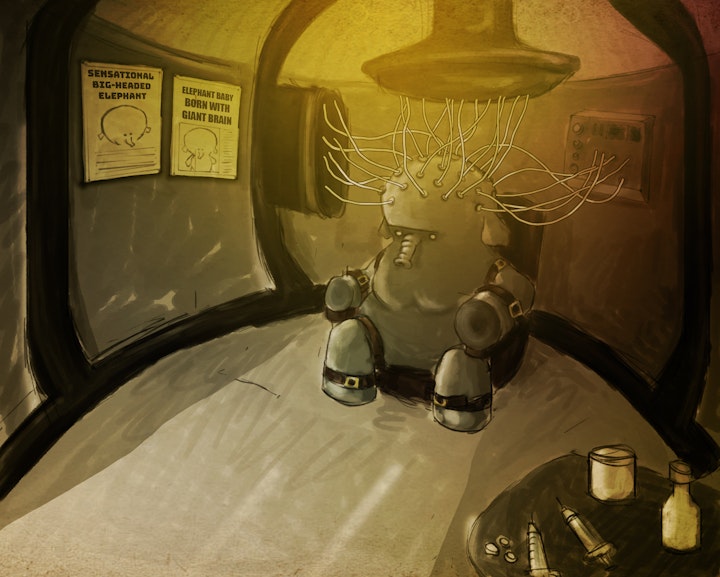Most people today have access to a comprehensive collective memory. We no longer have to remember birthdays or appointments, when we go somewhere we have the technology to show us the way, and the availability of all conceivable information is in general enormous.
Our lives become easier in many ways, but at the same time it gives us a responsibility in relation to choosing what kind of information we can trust. Many sources offer "alternative facts" that are contrary to official news and research. Of course, it is also important to be critical of the "main stream media", but in extreme cases this can lead to extensive conspiracy theories such as QAnon, where followers are seduced into believing in destructive delusions. But in an overwhelming media landscape, it is important not only to be aware of what information we receive, but also what we send back. The way we ourselves communicate can affect others without us being aware of it.
These things are some of what I want to explore with the short film PAM Inc. It is structured as a humorous and allegorical fable, where an elephant with an overgrown brain is used as a source for the human population's cognitive activities. Elephants are often said to have a good memory, so an elephant born with a rare case of megalencephaly, where brain function is not only intact but has increased in proportion to its size, could perhaps be used as a massive storage medium. This goes well for a long time, until trauma from the elephant's childhood is brought to life by an unexpected visit by an innocent little mouse. That elephants are afraid of mice is probably a myth, but in this case the elephant associates mice with the memories of a ruthless separation from the mother.
